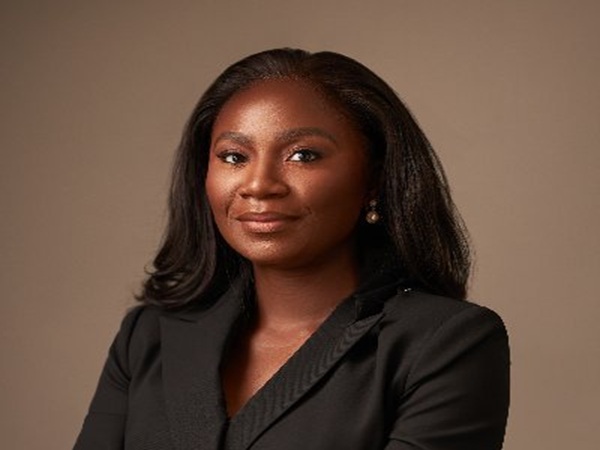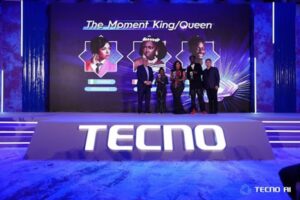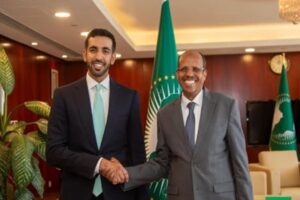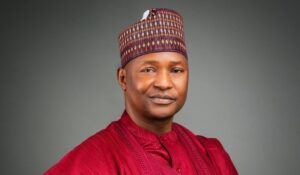
Nigeria’s Special Adviser to President Bola Tinubu on Energy, Olu Verheijen, will participate in the upcoming G20 Africa Energy Investment Forum, scheduled for November 21 in Johannesburg, where she will present Nigeria’s ongoing energy reforms and investment strategies.
The forum will provide a platform for Nigeria—one of Africa’s leading oil and gas producers—to showcase how its recent reforms are attracting global investors and positioning the country as a model for other African nations pursuing energy transition through hydrocarbons.
Under the Tinubu administration, Nigeria has introduced major policy shifts aimed at reviving production and increasing investment in the energy sector. Key among these is the Upstream Petroleum Operations (Cost Efficiency Incentives) Order, which rewards oil and gas firms that achieve cost reduction targets through performance-based tax credits. This follows the landmark Petroleum Industry Act (PIA) of 2021, which restructured the Nigerian National Petroleum Company (NNPC), modernized regulations, and improved governance to foster transparency and efficiency.
Since the implementation of the PIA, Nigeria has attracted over $17 billion in foreign direct investment into its oil and gas industry. Notable deals include ExxonMobil’s $1.5 billion deepwater investment, Shell’s $5 billion Final Investment Decision (FID) for the Bonga North Deepwater project, and TotalEnergies’ $550 million gas processing investment. Merger and acquisition activities have also surged, with $6.7 billion recorded in 2024 alone from firms like Seplat, Chappal Energies, and Oando.
Read Also: Ghana to host West Africa energy cooperation summit 2025
Beyond oil, Nigeria’s National Energy Transition Plan outlines an ambitious roadmap to boost gas production to 12 billion cubic feet per day by 2030, requiring about $60 billion in new investments. With more than 200 trillion cubic feet of proven reserves, gas remains central to Nigeria’s development and decarbonization efforts.
In renewables, Nigeria’s “30-30-30 Plan” targets 30 GW of power generation by 2030, with 30% sourced from renewables. Ongoing initiatives include Oando Clean Energy’s 1.2 GW solar project in Jigawa, the World Bank-backed $750 million DARES project to electrify 17.5 million Nigerians, and 948 MW in new capacity through partnerships with 10 private firms.
According to NJ Ayuk, Executive Chairman of the African Energy Chamber, “Nigeria’s energy reforms are setting a powerful precedent for what African-led policy can achieve. By fostering transparency, incentivizing investment, and prioritizing both hydrocarbons and renewables, Nigeria is proving that energy security and transition can go hand in hand.”
The G20 Africa Energy Investment Forum will unite governments, investors, and industry leaders to strengthen Africa’s role in the global energy transition, with discussions centered on natural gas, integrated energy systems, and African-led pathways to sustainable development.







